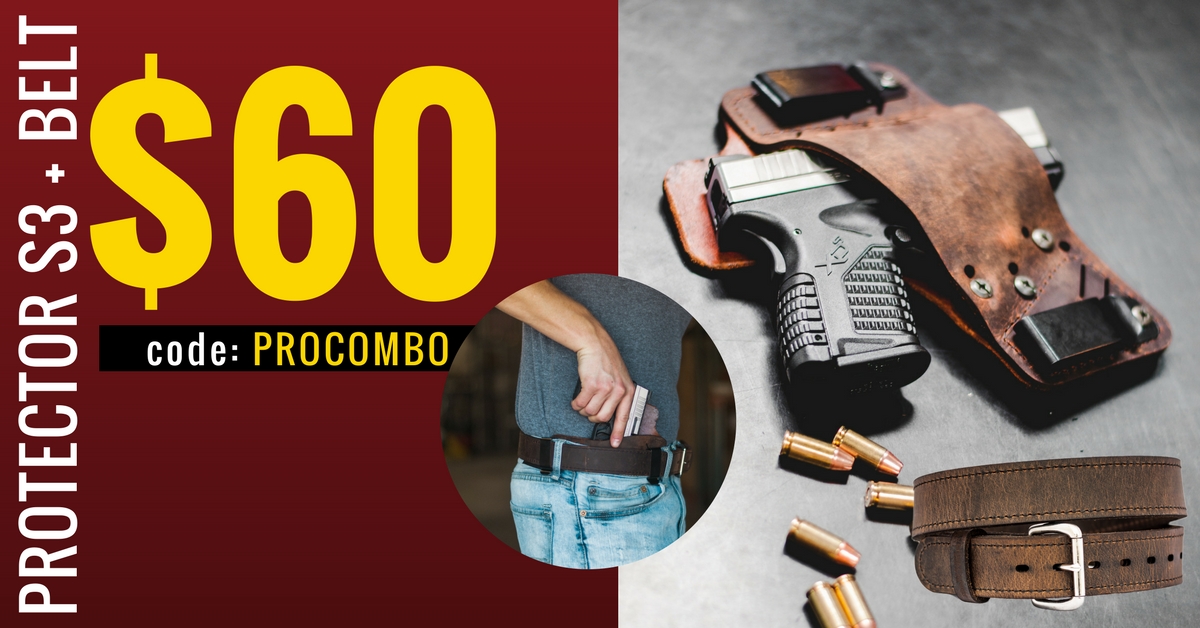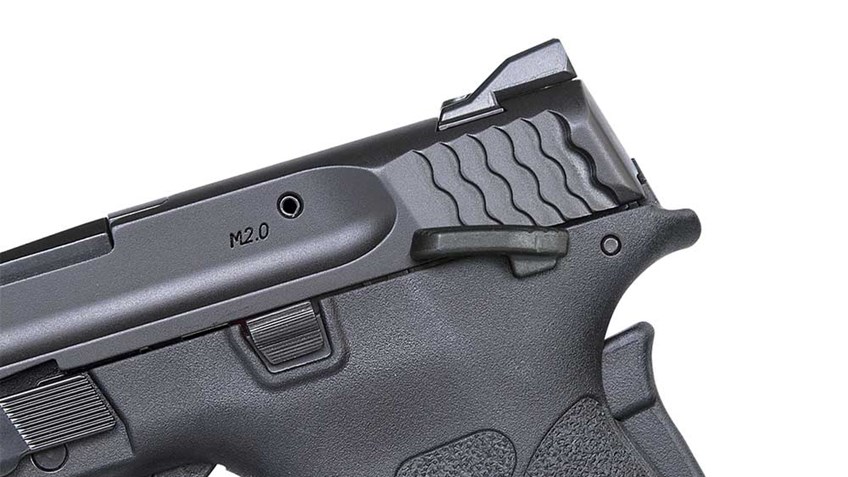| Smith & Wesson M76 | |
|---|---|
| Type | Submachine gun |
| Place of origin | United States |
| Service history | |
| Wars | Vietnam War |
| Production history | |
| Designed | 1967 |
| Manufacturer | Smith & Wesson |
| Produced | 1967–1974 |
| Variants | See Variants |
| Specifications | |
| Mass | Unloaded: 7.25 lb (3.29 kg) Loaded: 8.75 lb (3.97 kg) |
| Length | Stock folded: 22.5 in (570 mm) Stock extended: 30.50 in (775 mm) |
| Barrel length | 8 in (200 mm) |
| Cartridge | 9×19mm Parabellum |
| Action | Blowback |
| Rate of fire | 720 rounds/min |
| Feed system | 14-, 24- or 36-round box magazine |
| Sights | Front: protected blade, rear: fixed aperture |
- Smith And Wesson M&p 15-22 For Sale
- Smith And Wesson M&p Shield Serial Number Lookup Online
- Smith And Wesson M&p Shield Serial Number Lookup Chart
The Smith & Wesson M76submachine gun (SMG) was produced by Smith & Wesson from 1967 to 1974.
SMITH & WESSON MP15SPTII 5.56 16B 30R NIB WITH 3 - 30 RD MAGS. THIS IS A BRAND NEW IN THE BOX S&W M&P 15 SPORT II 5.56 NATO WITH 2 EXTRA MAGAZINES FOR A TOTAL OF 3 - 30 RD #WITH GALLERY OF GUNS 'DAVIDSON'S' FULL LIFETIME REPLACEMENT WARRANTY! Smith & Wesson M&P 15-22.22lr AR-15 Pistol Optics Ready, Black - 13321. (31) Regular Price. Smith & Wesson M&P Shield Plus, Semi-auto, 9mm, 3.1' Barrel, No Thumb Safety, Tritium, 13+1 Rounds Buyer's Club $569.99 Non-Member $599.99 Was $629.99 Be the first to write a review! 1950 = start at 1. 1952 = 7369 - 21342. 1955 = 55050 - 75000. 1957 = 117770 - 125000. 1962 = starts at 295000. 1969 = ends at 786544. J serial Prefix serial numbers. For models 36, 37, 38, 49, 50.
History[edit]
The history of the Model 76 submachine gun started in April of 1966 with a call from Smith & Wesson's Washington, D.C. sales representative; he had been contacted by the US Navy Department to see if Smith & Wesson would be interested in designing and producing a 9mm submachine gun.[1]
The US Navy had the need for a submachine gun for their SEAL special operations team in Vietnam. The SEALs' weapon of choice was the Swedish Carl Gustaf m/45―a well-made and reliable submachine gun.
Because Sweden was a neutral country, a problem arose; they objected to their product being used in a war zone. Therefore, the supply of the Carl Gustaf m/45 to the US Navy was cut off, which meant they had to find another submachine gun to take its place.
Although they appear similar, the M76 was designed from scratch from a list of requirements, which the US Navy SEALs provided, they are:
- Urgent need;
- Reliability;
- Rugged;
- Selective Fire: safe—semi-automatic—full automatic;
- Cost effective;
- Ease of maintenance: disassembly—cleaning―reassembly
- Magazine capacity of 36 rounds; and
- Cyclic rate between 600 and 800 rounds per minute preferred.
It was from this list that the M76 was created. According to the Director of Research and Development and head of the Model 76 project at the time, Dwayne W. Charron, was quoted as saying, '[He] had never seen, held or fired a Swedish K before starting design work on the M76...'. The M76 fires 9mm rounds; the Carl Gustaf m/45 has an open bolt design and also fires 9×19mm Parabellum ammunition.
The SEALs also requested a limited number of suppressors for the M76. These suppressors were to be used under certain situations to reduce the gun's sound and hide the flash so there would be no point of reference for return fire. Being an open bolt system, some sound would always be emitted, but the muzzle flash could be eliminated.
Due to the ongoing war and a critical need to fill, Smith & Wesson designated the M76 a top priority project. The total time to take the concept of the M76 from the drawing board to production was just nine months. Many people comment that the gun is ugly or rough. Due to the urgency at the time, the M76 skipped the finishing department where welds and rough edges would normally be smoothed.
Due to lack of market demand, Smith & Wesson ceased production of the M76 in 1974.
Variants[edit]
MK760[edit]
In 1983, Mike Ruplinger and Kenneth Dominick started a company called MK Arms and acquired the rights to the Smith & Wesson M76. They began producing copies of it with the designation MK Arms MK760, and the US Navy, which still had some original M76s in its inventory, began purchasing replacement parts from MK Arms. MK Arms also produced carbine and pistol configurations of the MK760. In 1986, due to the Firearm Owners Protection Act, which banned any newly manufactured automatic weapons from being registered for civilian ownership, MK Arms went out of business.
M76A1[edit]
In 1984, Dominick separated from Ruplinger and began producing his own copy of the M76 under the trade name Global Arms with a designation of M76A1.
SW 76[edit]
The SW 76 was manufactured by JMB Distribution in Ohio from virgin tubes that were originally registered by John Stemple in 1986. All of the parts of the SW 76 will interchange with an original Smith & Wesson M76 except for the bolt. The bolt is not interchangeable due to the reorientation of the extractor and the Stemple receiver tubes have an inside diameter that is slightly larger than that of an original S&W M76, requiring two sleeves that act as bearing surfaces to be placed on the bolt to take up the extra space inside the receiver.[2]
Omega 760 Carbine[edit]

During 2001 the Tactical Weapons Company of Arizona was engaged to manufacture the parts and receivers for a weapon that would be marketed as the Omega 760 carbine, a semiautomatic-only copy of the Smith & Wesson Model 76. Initial sales of the Omega 760 were brisk but quickly dropped off. The disappointing sales of the Omega ultimately drove the decision to cease production and the decision left a number of parts that were never assembled into guns.[2]
References[edit]
- ^Charron, Dwayne (2012). My Life Journey with Smith & Wesson. DWC Publishing. pp. 63–75. ISBN978-0-615-68842-8.
- ^ abIannamico, Frank. 'The New SW76 Submachine Gun'. Small Arms Review. Retrieved 8 December 2015.
Smith & Wesson Serial Number Chart. Serial numbers were issued sequentially for the Model 1 1st Issues ranging from 1 through approximately 12,000. 3 2nd Issue edit The 2nd Issue of the Model 1 looked similar to the 1st Issue, with several notable differences. The side plate on the 2nd Issue was much larger and irregularly shaped. Easily look up new and used firearm values. Gun Values by Gun Digest brings you the authority of our annual gun pricing guide, The Standard Catalog of Firearms, in a simple online package. Search or browse models and manufacturer info for free. Smith & Wesson has identified cracked hammers that fail to fully engage the sear which subsequently caused multiple successive discharges of the firearm without depressing the trigger. If you have an M&P Shield manufactured between these dates and want to know if your serial number is included in the recall you can enter your serial number in.
A Brief Overview of the History of Smith & Wesson
For starters, the Smith & Wesson company has been around for OVER 150 YEARS! In addition to being one of the oldest firearm companies, Smith & Wesson is also known as the largest gun manufacturer in the world. S&W is well known the world round for their revolvers and handguns. The company has gone through it's fair share of ups and downs over the past 150 years, but in the end it has both survived and thrived. The founders of S&W were Horace Smith and Daniel Wesson. Horace gained his firearms experience while working in the National Armory, while Daniel gained his valuable firearms experience while working with his brother Edwin Wesson, a well known gun maker at the time. Horace and Daniel joined forces to start Smith and Wesson in 1852. Listed below are some of the highlights and popular weapons that Smith and Wesson has produced over the years.
OVERVIEW OF SMITH & WESSON GUN HISTORY
1852 - Horace Smith and Daniel B. Wesson produce a lever action Volcanic pistol.
1854 - Due to financial difficulties, Volcanic Repeating Arms company sold to Winchester.
1856 - Smith & Wesson join again to create a new rimfire revolver known as the Model 1.
1870 - Model 3 revolver is released - famous .44 & .45 caliber revolvers.
1880 - S&W releases a .38 double action revolver.
1899 - The famous Model 10 revolver (aka .38 Military & Police) released.
Smith And Wesson M&p 15-22 For Sale
1935 - Legendary .357 Magnum revolver released - first magnum pistol.
1955 - Model 20 .44 Magnum revolver raises the bar further on magnum pistols.
1955 - Model 39 is the 1st American made double action semi-auto pistol.
1965 - Model 60 is the 1st stainless steel revolver.
1979 - Model 629 combines the famous .44 Magnum with stainless steel.
1981 - Model 681 medium sized L frame .357 Magnum revolver.
1990 - Model 4006 semi-automatic pistol released.
How to play ps2 games on ppsspp. 1994 - Economically priced Sigma series of semi-auto pistols released.
Smith And Wesson M&p Shield Serial Number Lookup Online
1999 - Airlite Titanium lightweight revolvers introduced.
1999 - S&W and Walther produce semi-auto SW99 (based on Walther P99).
2000 - S&W signs a controversial gun control agreement with the US Government.
Smith And Wesson M&p Shield Serial Number Lookup Chart
2003 - SW1911 released - S&W variation on the famous M1911 semi-auto .45 pistol.
Smith And Wesson Serial Number Lookup Model 19
2005 - Releases M&P (Military & Police) line of semi-auto pistols for law enforcement.
Smith And Wesson Manufacture Year
There you have it.. a brief Smith & Wesson gun history listed in chronological format. Over it's extensive 150 year history, there have been MANY other models of guns released, but this listing shows some of the most famous Smith and Wesson firearms. Smith and Wesson now offers many different handguns including both revolvers and semi-automatic pistols. In addition, S&W also offers tactical rifles for use by both law enforcement and consumers. Furthermore, Smith & Wesson offers other items such as knives, handcuffs, and security related products. The security products include barrier systems for preventing vehicles from passing into restricted areas. These barriers are designed to protect military, government, and other sensitive areas from being breached by a vehicle. Some of these barricade systems are designed to withstand the ramming force of a large commercial truck crashing into the barrier at high speed. These are just a sample of the many products that are now offered by S&W. What started out as a couple of guys with an idea for an innovative new pistol, grew into the largest gun manufacturer in the world, and further branched out into other areas of security and law enforcement products.
Smith And Wesson Serial Number Lookup Model 41

Smith And Wesson Serial Number Search
WWW.RC-TRUCKS.ORG - ALL RIGHTS RESERVED 2004-2014 - CONTACT US / PRIVACY POLICY